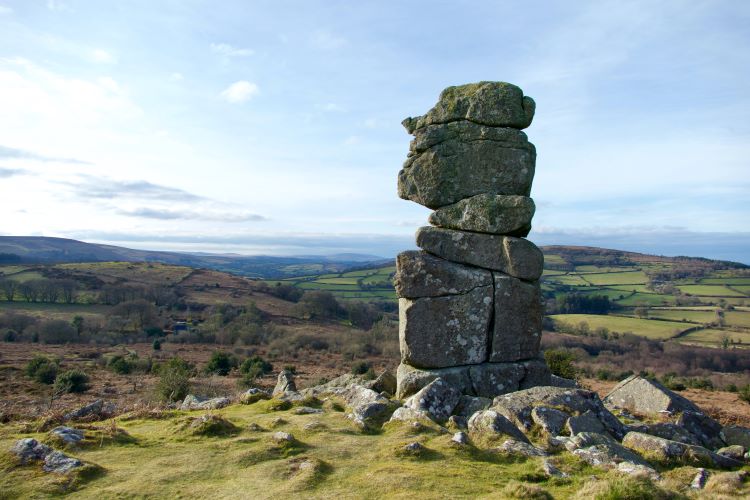Wild camping on Dartmoor

Henry Parker considers the history of wild camping and ‘right to roam’ in the UK and the impact of the new ruling for Dartmoor.
On 13th January 2023 the High Court, under the judgement of Sir Julian Flaux, released a ruling that saw that there was no right to wild camp overnight in parts of Dartmoor without the current landowner’s permission.
This means that backpackers wishing to pitch tents on the 4000-acre (16 sq km) Blachford estate would not be able to so without the permission of the owners, Alexander and Diana Darwell, who purchased the area in 2013.
The dispute was over the Dartmoor Commons Act of 1985 and whether the legal right of free access for the purposes of open-air recreation extended to the specific activities of wild camping and backpacking that the claimants had concerns over. The suggestion brought is that there is no tradition of wild camping and therefore the activity cannot be covered by the guidelines set by the byelaws.
“It highlights just how little freedom people have to explore the countryside as they wish”.
Joe Watkinson – Student
The Dartmoor National Park Authority (DNPA), the party that the claims were brought against, maintains the position that there does exist a historic tradition of wild camping, despite the findings of the hearings suggesting that there was “insufficient evidence” for this.
Campaign groups like ‘The Stars are for Everyone’ and ‘RightToRoam.org’ have been involved in the promotion of campaigns and protest hikes on the moors to demonstrate how important they find this access to be to the community.
For some, a decision like this raises the question of how truly ‘national’ our national parks are. Opposers of this ruling point to how land access currently operates in Scotland, where there is a Right to Roam across the land, with obvious exceptions for land in the immediate surroundings of buildings, which stands in contrast to England where there is no Right to Roam across 92% of the country’s land.
This is all seen as a general culture in the UK of putting land ownership over the common use of the land that traces back all the way to the Norman invasion, a key point in the history of land ownership being concentrated amongst fewer and fewer people. But it was the enclosure acts of the late 1700s, that was a part of revolutions in agricultural production, that truly shaped how land restrictions have come to operate in the UK, as more of the country was no longer common land for communal use.
It is argued that the people of this country being restricted in their movement would mean that they cannot be expected to treat the wilderness respectfully when they have access to so little of it, and more experienced wild campers would seem less likely to be the ones leaving any mess or causing any damage the claimants refer to.
Whilst groups will continue to campaign to change how future cases like this will turn out, for now at least the issue has been settled in favour of the current owners of this part of Dartmoor.
A lot of the moral defense for removing any trespassers appears to be mostly grounded in those ecological terms, for the protection of harm to the environment and livestock. There have been suggestions that wild campers cause issues here such as littering, that were demonstrated in court.
Of course, it might also be worth pointing to the fact that Darwell has come under scrutiny by Natural England, the government body responsible for the conservation of national parks like Dartmoor, for his continual releasing of pheasants into the surrounding area. Concerns have also been expressed over his offering of pheasant shoots on his land due to waste from spent shotgun cartridges which are often not picked up after the hunts.
After the outcome was presented, Dr Kevin Bishop, from the DNPA, said in a statement: “We are really disappointed with the outcome but obviously respect the judgment.” So, whilst groups will continue to campaign to change how future cases like this will turn out, for now at least the issue has been settled in favour of the current owners of this part of Dartmoor.


